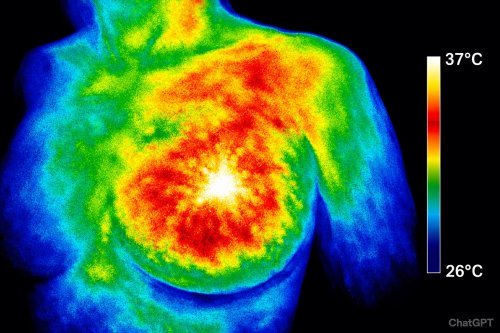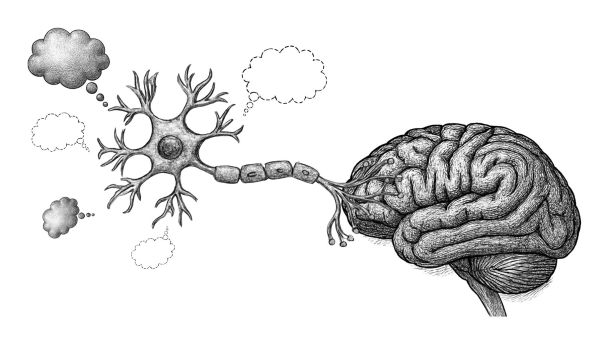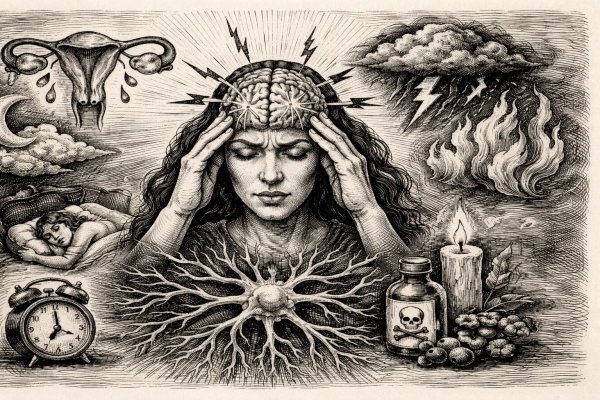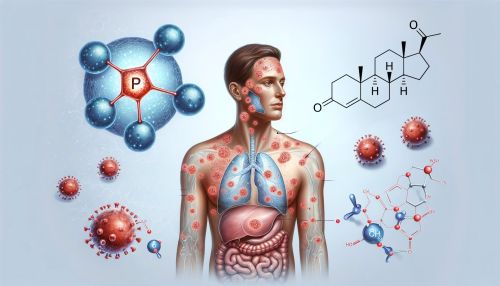Progesterone and L Tryptophan
by Karen
(PA)
I was reading your conversation you had with Janet where you said soemthing about sending her tryptophan. I then went to your page on depression to read more. I was wondering if you could elaborate on tryptophan's ability to help with depression.
I have depression and got a urine test by Neuroscience that shows my serotonin is low and that my epinephrine, norepinephrine and dopamine are elevated. I was given 5 htp but it didn't agree with me. First I was extrmely sleepy. Then after a few days of being on it, I got a dreadful anxiety. My doctor wants me to try Tryptophan but I haven't yet because I was scared I would have the same side effects. I was wondering if you could tell me more about it and how to take it.
The Progesterone cream is definitely a godsend as I've seen it improve my anxiety and depression but I do still have some depression/apathy.
Thank you.
Comments for Progesterone and L Tryptophan
|
||
|
||
|
||
|
||
|
||
|
||
|
||
|
||
|
||
|
||
|
||

 Memory is the brain’s ability to store and recall information. When this system fails, we experience memory loss, which ranges from mild forgetfulness to severe cognitive impairment such as dementia o…
Memory is the brain’s ability to store and recall information. When this system fails, we experience memory loss, which ranges from mild forgetfulness to severe cognitive impairment such as dementia o… Migraines aren’t just intense headaches — they’re a systemic neurological crisis that disrupts your senses, drains your energy, and derails your life. What most people don’t realize is that women are…
Migraines aren’t just intense headaches — they’re a systemic neurological crisis that disrupts your senses, drains your energy, and derails your life. What most people don’t realize is that women are… Psoriasis is commonly seen as a skin problem — red, scaly patches that itch and flare without warning — but research shows the real driver may be hormonal imbalance deep inside the body, especially lo…
Psoriasis is commonly seen as a skin problem — red, scaly patches that itch and flare without warning — but research shows the real driver may be hormonal imbalance deep inside the body, especially lo…